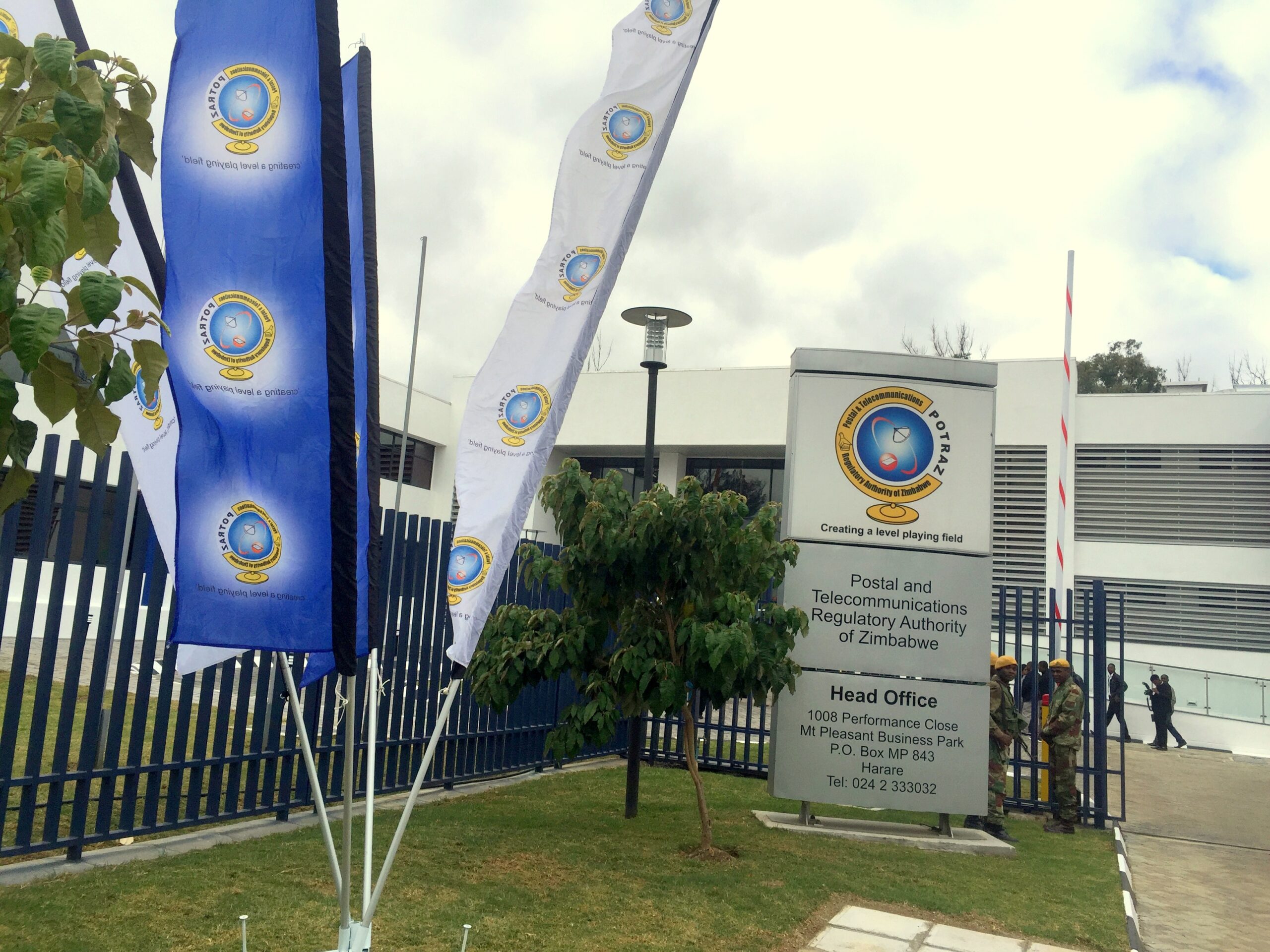Zim assumes regional top post
Zimbabwe has assumed the chairmanship of the Communications Regulators’ Association of Southern Africa (CRASA).
The appointment of Postal and Telecommunications Regulatory Authority of Zimbabwe (Potraz) director-general Dr Gift Machengete as the organisation’s chair, was confirmed during the virtual 10th Annual General Meeting (AGM) of CRASA, which was hosted by Zimbabwe.
Dr Machengete takes over from the director-general of the Zambia Information and Communication Technology Authority (Zicta) Engineer Patrick Mutimushi.
In his acceptance speech Dr Machengete said one of his key targets is to drive innovation in the region.
“As the incoming CRASA chairperson, I would like to see CRASA playing a key role in the promotion of ICT Innovation in the region. Our region should be prepared to take full advantage of the fourth Industrial revolution and CRASA should assist in building our capacities to innovate.
“The setting up of Innovation Hubs in CRASA member states should promote the quick and sustainable adoption of ICTs. Innovation hubs also promote employment creation and youth empowerment,” he said.
“On its part, Zimbabwe’s ICT regulator – Potraz is running an Innovation Drive project where young innovators are asked to solve real life problems through ICT Hackathons where they create appropriate applications.
“Of course member countries may be running similar Innovation initiatives — but my cry is for more collaboration and synergies on this front. Perhaps a regional Innovation Competition would be in order.”
The new CRASA chairman also said, with the experience of the Covid-19 pandemic impact in mind, the body should prioritise utilising ICTs for disaster management.
CRASA member states include Zimbabwe, Angola, Botswana, DRC, Eswatini, Lesotho, Malawi, Mauritius, Mozambique, Namibia, South Africa, Tanzania and Zambia.
Addressing the association’s AGM, Information and Communication Technology, Postal and Courier Services Minister, Jenfan Muswere, said going forward CRASA should drive broadband capacity growth within the region.
Despite the increased demand for internet-driven services due to the Covid-19 pandemic, countries in the region have not been able to boost the additional broadband demand due to a number of factors.
“The world is in a recession, which means offshore capital may not be easily available for rolling out broadband infrastructure. Secondly, there is a scramble for offshore capital to fund broadband roll out as nations across the world move to fast-track broadband roll-out to meet rising demand triggered by the pandemic.
“Thirdly, a majority of operators are still contending with the substitution effect of OTTs, characterised by rising demand for data hungry services whilst Average Revenue Per User (ARPU) is declining.
“This is constraining efforts to increase network capacities to cope with rising demand for high-speed broadband connectivity. Indeed, it is a vicious cycle,” said Minister Muswere. -herald.co.zw









